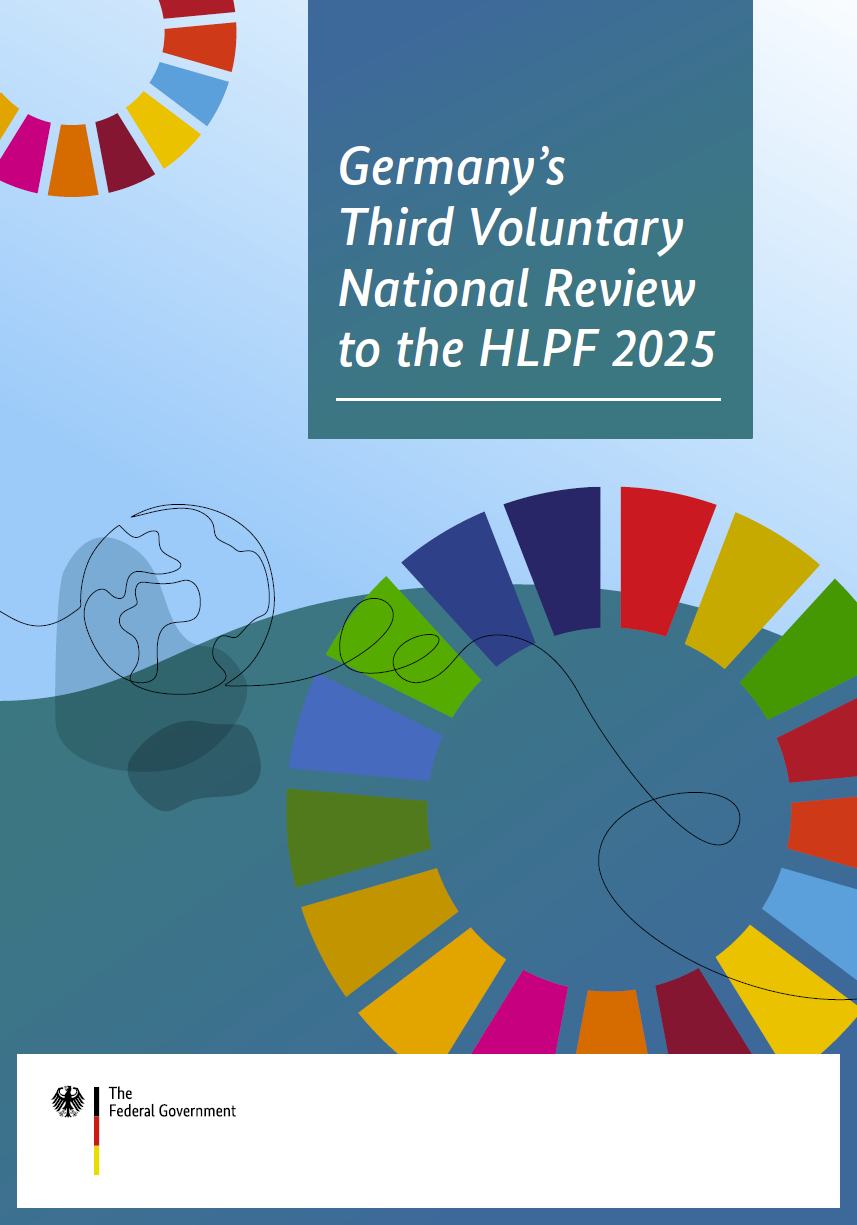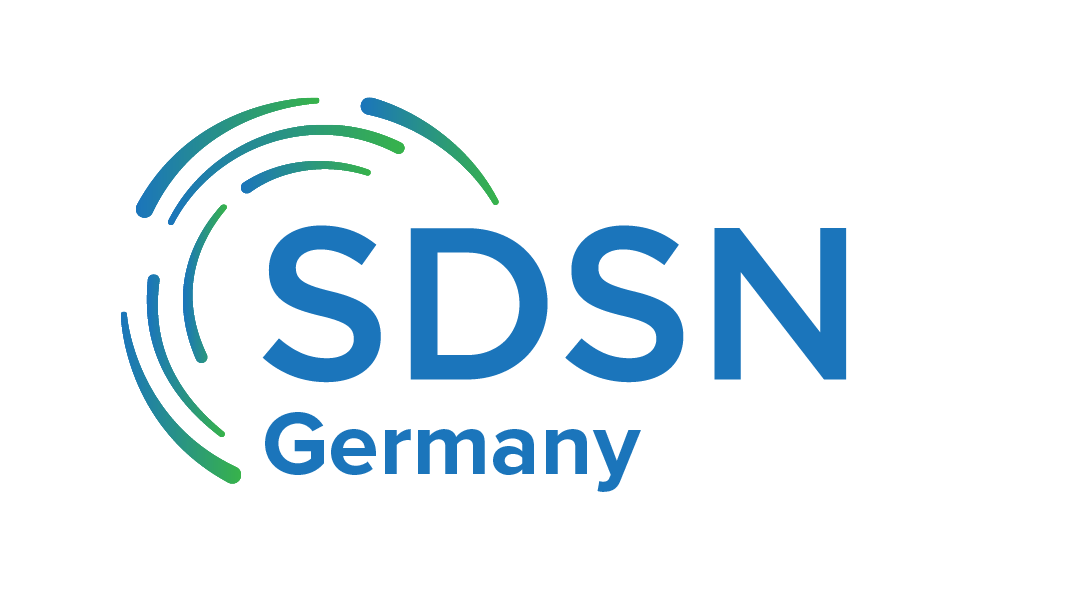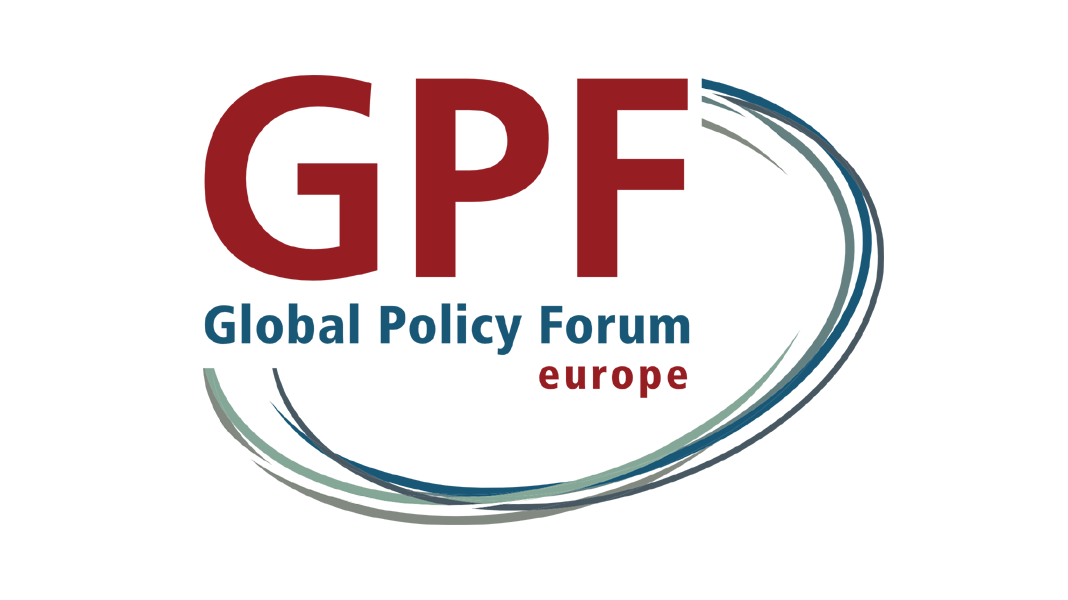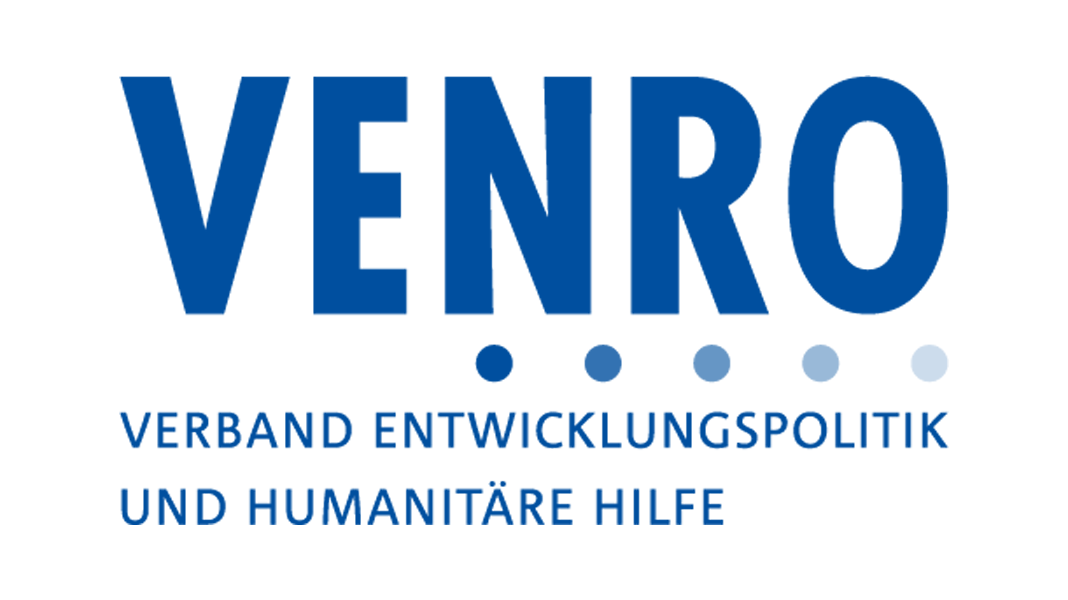VNR 2025 Joint contribution by SDSN Germany, GPF Europe und VENRO
Negative spillover effects represent a key challenge in implementing the 2030 Agenda in, with and by Germany. Given the increasing geopoliticisation of international sustainability policy and the growing power of low- and middle-income countries, Germany would be well advised in its cooperation policy to address the adverse effects of its own consumption and production patterns transparently and proactively. Addressing spillover effects along the transformation areas and levers of the German Sustainable Development Strategy (GSDS) is a sensible first step. However, specific indicators, including the necessary resources for the Federal Statistical Office, are required for concrete implementation and tracking. An analysis of spillover effects in Germany (Fuller & Bermont-Diaz, 2024 (External link)) recommends, for example, developing indicators for imported deforestation and cases of forced labour in supply chains. The indicators must be linked to corresponding evidence-based measures to help reduce negative spillover effects. Various dimensions should be considered, such as the effects of security and financial policy, in addition to socio-ecological effects. Like Finland's 2020 VNR and the 2023 VNRs of France and Iceland, the German 2025 VNR could also address spillover effects in a separate section.
Inclusive, hybrid participation and peer learning formats with national and international stakeholders from academia, politics, society and business would be important to promote international cooperation to reduce negative spillover effects and take into account the heterogeneous perspectives of the stakeholders and countries affected by spillover effects throughout the design of corresponding measures (SDSN Germany, 2024 (External link) (in German); Berger et al., 2024 (External link)). The German government has set up numerous participation and implementation formats for the GSDS (e.g. dialogue events, Joint Action for Sustainable Development (Gemeinschaftswerk Nachhaltigkeit) platform), and individual ministries are making great efforts to facilitate critical reflection and learning. However, voices from academia, civil society and business have been calling for more effective communication and more representative participation processes. It would be particularly expedient to incorporate the knowledge of stakeholders from countries that are affected by Germany's negative spillover effects. Diversity could be further strengthened by increasing the involvement of actors from grassroots movements, the cultural and creative industries and traditional import- and export-oriented economic sectors, in addition to international stakeholders. Participation processes should be characterised by openness and a willingness to experiment, present more concrete problems and objectives and take into account the capacities of societal actors (and enable financial support where necessary). It would be helpful to receive feedback on the recommendations that emerge from participation processes, and also feedback regarding implementation and/or reservations and obstacles in relation to implementation. This could promote mutual learning.



